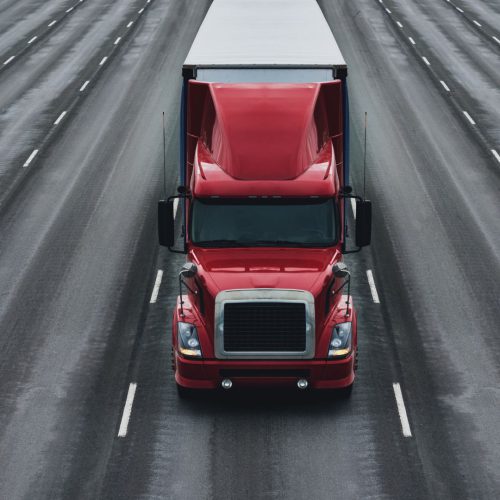The Path to Greener Trucking: Overcoming Colorado’s Transition Challenges
Trucking Industry’s Uncertainty and Tesla’s Delayed Deliveries
Colorado Trucks Transitioning Challenges. Despite Colorado’s intention to follow California’s clean truck laws, the trucking industry remains uncertain about the readiness for such a transition. Tesla’s electric semi-tractors, which were initially expected to arrive in 2020, have faced significant delays, raising concerns about the reliance on having electric truck options.
Challenges of Transitioning to Electric Heavy Trucks
While many in the industry express their support for a zero-emission vehicle, there are technological hurdles that come with the challenges of transitioning to electric heavy trucks. As companies await electric alternatives, finding solutions that match the capabilities of original heavy trucks proves to be a critical roadblock.
Environmental Impact of Heavy Trucks
The impact of emissions from medium and heavy-duty trucks takes a toll on both greenhouse gas emissions, which are responsible for climate change, and the local chemical stew that affects our lungs. Within this context, Colorado trucks’ transitioning challenges play a pivotal role. Acknowledging the significant problem of these trucks, measures to reduce their environmental footprint are essential for sustainable progress.
AQCC’s Proposed Regulations
In its efforts to combat air pollution and address environmental concerns, the Air Quality Control Commission (AQCC) is considering using California’s standards to increase the number of electric vehicles. The commission’s “Low NOx” program aims to cut back nitrogen oxide emissions from existing heavy trucks, which significantly contribute to air pollution. The program includes having over 28,000 heavy trucks by the year 2027 and growing up to 44,000 engines by 2050. The AQCC seeks to improve air quality and align with EPA guidelines over the long term. These regulations would influence a total of 722,000 vehicles on Colorado’s roads, showing the state’s commitment to a cleaner and more sustainable transportation landscape.

